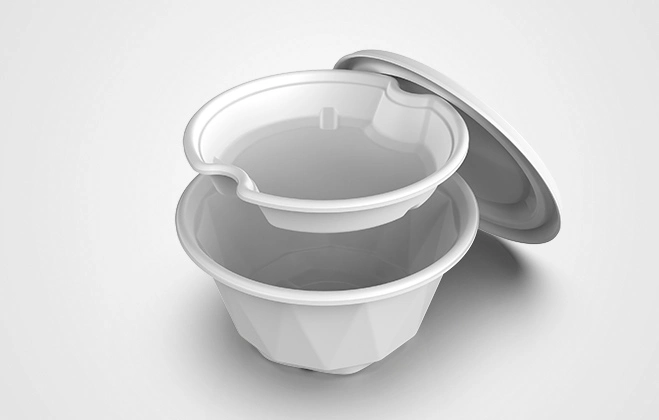On June 20, 2023, a scientific study was conducted in collaboration between Chaire CoPack, AgroParisTech, and Montpellier University in the Netherlands. The study verified the biodegradability of certified compostable food contact packaging in industrial composting facilities. The preliminary report of the study provides compelling evidence that certified compostable packaging is a feasible and sustainable solution for waste management in the food packaging industry.
The composting tests involved 20 tons of food and organic waste collected from households, as well as 323 kilograms of various certified compostable packaging materials. A control composting test was also conducted without adding any packaging.
"We are very pleased with the results of this study," said Paolo La Scola, Public Affairs Manager at TotalEnergies Corbion. "These findings send a strong message to governments across Europe to allow certified compostable plastics in organic waste collection and composting facilities. Reducing improper plastic waste management is necessary."
The study was conducted over a four-month period from October 2022 to February 2023, under real industrial composting conditions without forced aeration. Researchers from Montpellier University and AgroParisTech collaborated with the industrial composting platform Syndicat de Centre Héraut in Aspiran to monitor the study. The research investigated commercially available food packaging representing the European market, such as compostable bags, films, food trays, and coffee pods. These products were made from different resins certified for industrial composting (EN 13432) or home composting (NF T51-800), including PLA, PBAT, and starch composites from members of the French Biodegradable Composting Association, including Novamont and TotalEnergies Corbion.
Regular inspections and sampling were conducted during the composting process. The results of the test showed that the addition of certified compostable packaging:
Had a positive impact on compost yield
Did not have any negative effects on the agronomic quality of the final compost
Did not cause ecotoxicity to higher plants, earthworms, and springtails
All tested materials fully met the decay rate requirements of compostability standards
Regarding the fate of residual compostable microplastics in the soil, it was demonstrated that these particles further biodegrade over time, with an increased rate of biodegradation as they remain in the composting process for longer.
"These findings, along with many reports, including the 2020 study by Wageningen University, demonstrate that compostable packaging is an important tool in increasing food waste collection and effectively converting it into compost," continued La Scola. "All stakeholders must collaborate to realize the benefits of compostable packaging in separately collecting and recycling food waste."

 English
English 日本語
日本語 한국어
한국어 français
français Deutsch
Deutsch Español
Español русский
русский português
português العربية
العربية ไทย
ไทย Malay
Malay





















